Mind the bid-ask gap.
'The big mistake is to think that money has absolutely nothing to do with inflation.'
"If we’re okay with punishing political opponents severely without any recourse whatsoever, then we’ve lost it. Freedom is over. It’s only a matter of time before your political opponents grab hold of power, and turn those weapons on you."
Our Terrible, Horrible, No Good, Very Bad Media strikes again…
With absolutely no evidence to back it up, The Diplomat says that if you are Vietnamese, and you oppose the use of cluster bombs, you are pro-Russian.
Boring!
We’re all so proud of the QT.
“Each real estate sector seems like it’s unhappy in its own way.”
Nothing to see here. Move along.
Pension funds are funding the private-equity locusts.
"US public pensions have boosted their exposure to private equity to $622 billion, the highest in at least two decades"
Here is the paper Brendan Ballou cites:
We calculate the implied cost in statistical value of life-years in Table B.4 Panel A. We translate the IV coefficients into lives and life-years lost based on the number of index stays by patients of PE-owned nursing homes during our sample period. Accordingly, we compute about 20,150 additional deaths due to PE ownership over our twelve-year sample period. To estimate life-years lost, we rely on observed survival rates for Medicare patients at all nursing homes. This leads to an estimate of about 160,000 lost life-years.20 Applying a standard estimate of statistical value of a life-year of $100,000 (Cutler and McClellan, 2001), inflated to 2016 dollars, this implies a mortality cost of $20.7 billion.
Luxury Watches
Podcast: Carol Roth on 'Owning Nothing and Being Happy' with Michael Gayed Carol warns about many of the same things that worry me (and Whitney Webb).
New Home Percent of Total Inventory
“The lack of existing home inventory, and few distressed sales, has been a positive for homebuilders.”
I just got an email from my insurance agent; my current carrier will not renew my homeowner’s insurance policy, she sent me a quote from Citizens. It jumped from $1700 to $12000!! Is not even a home, is a condo in a full concrete building certified by the city just last year! I can’t refuse a policy because my mortgage company will force one on the property. 🤬 UPDATE: Several brokers told me that the area where my building stands is “closed” to insurance companies because by regulation they need to reduce their liability. That’s why I was “drop” by my carrier. The only option is the “last resource”: Citizens. I managed to craft a policy for around 6k which still is expensive AF but better than 11k.
"The call I just had was a typical area household. One person makes $150,000, the other makes $120,000. So $270,000 total and they said a [monthly] payment goal of $7,000. I'm still not used to hearing people say that out loud," Downs says.
Even before these borrowers speak to Downs—who operates in the greater Baltimore and Washington D.C. markets—they've already concluded that these high mortgage payments will be "short-lived," and they'll simply refinance to a lower payment once mortgage rates, presumably, come down.
Attention Landlords:
Montgomery County Council in Maryland finally adopted a rent stabilization bill by a 7-4 vote this week. The bill caps increases at 6%…The bill that passed this week represents the compromise: a cap of 3% plus inflation or 6%, whichever is lower
No cap on property taxes or owner expenses though.
Podcast: Distressed Debt Experts David Aviram and Ted Martell, co-founders of Maverick Real Estate Partners. “For the most part what we’ve seen is the lenders are not transacting, they are not yet selling these loans…we’re in the very early innings.”
Jason Trennert Good explanation (around 33 minutes in) of the sort of big government/big business crony-corporatist fascist partnership we have today. Ma and Pa don’t stand a chance.
Dr. Ed Altman: We’ve Reached An Inflection Point In The Credit Cycle The Z-Score guy. High-yield recovery rates are already in the 20%’s, half of normal!
Distressed US Offices Jump to $24.8 Billion, More Than Malls “The things needed to slow the pace aren’t happening. Investors are putting a low probability on debt becoming cheap and everybody being back in the office like they were before.”
North Texas commercial property purchases plunged in the first half of 2023. But even with an almost 70% drop in sales, more than $8 billion in Dallas-Fort Worth commercial real estate investments were recorded, according to the latest estimate by MSCI Inc. D-FW ranked second behind Los Angeles for total commercial property deals in the first six months of this year.
Projected change in real estate demand, 2019 to 2030
Do any predictions ever come true? I don’t know.
e.g., “There will be 3,600 distressed deals during the next two years from which to choose”. Not 3,700?
Value of Downtown LA’s Gas Company Tower Sinks 57% in 2 Years
“The value of the 52-story tower at 555 West Fifth Street is down 57 percent — from $632 million in 2021 to $270 million”
Prerequisite Capital Quarterly Client BRIEFING
An inverted yield curve is a high-probability leading indicator of recession but whilst the yield curve is inverted, more often than not the equity market is ‘holding in there’… it is not until the curve is ‘steepening’ again that recession is really kicking in and usually assets are strongly selling off…
“It feels different than prior cycles,” Cooper said. “You’re going to see a lot of defaults.”
A $500 Billion Corporate-Debt Storm Builds Over Global Economy
…underneath there’s often a deeper, and more troubling, through-line: Debt loads that swelled during an era of unusually cheap money. #FedHistory
Italics are mine.
[Jeff Epstein-adjacent] Apollo Global Management bought Shutterfly about four years ago for about $2.7 billion, much of it bankrolled with debt. When it refinanced in 2021, the interest rate on its roughly $1 billion term loan was only about 5%. At the time, Moody’s expected the debt would become more manageable as the business improved.
That didn’t happen. Instead, Shutterfly burned through cash as inflation squeezed consumers and businesses.
Meanwhile, the rate on the loan jumped to around 10% this year. With the company’s financial outlook darkening, its lenders agreed to swap the loan for new obligations that will push out its debt bills. Moody’s said the deal is akin to a default and rated the new debt deeply into junk grade. Apollo didn’t respond to requests to comment on Shutterfly. Shutterfly declined to comment.
Screw Apollo, but these are exactly the type of firms the Fed bailed out in 2008 and 2020, so I’m sure they’ll do it again.
Speaking of protected entities:
Blackstone earnings plunge 40% as real estate sales stall
The firm reported a near 40 percent drop in distributable earnings — cash tapped to pay shareholders’ dividends — to $1.2 billion as it struggled to sell real estate assets. Real estate net realizations, the returns investors receive after the sale of a property, fell to just $50 million in the second quarter from $1.2 billion a year ago, a 96 percent drop.
Investment sales have stalled across commercial real estate markets as rising rates have led to a bid-ask gap on deals and fueled a stand-off between buyers and sellers…
The most exposed borrowers are those that took out short-term, adjustable-rate loans at ultra-low interest rates. Analyses by The Real Deal found regional owners such as Tides Equities and Rise48 may face distress as loans come due.
It’s unclear how much exposure Blackstone has to that type of debt. A researcher for CRE data firm Trepp told The Real Deal, “It’s not just the Rise48s of the world that are facing this.”
“It’s Blackstone and Brookfield and others that are in this exact same boat, and they’re all getting to the period where they have to extend their loans”
JPMorgan Chase Has Bled $230.6 Billion in Deposits Since Q1 2022
JPMorgan Chase getting the greenlight from federal regulators to purchase the failed First Republic Bank was a demonstration of regulatory capture at its worst. Despite JPMorgan Chase having admitted to five felony counts brought by the U.S. Department of Justice since 2014; despite it having an organized crime style rap sheet; and despite it being currently scandalized around the globe for functioning as the cash conduit for Jeffrey Epstein’s sex-trafficking of school-age girls for more than a decade, this is the sweetheart deal the bank got from the FDIC to take over First Republic: the FDIC would eat 80 percent of any losses on single-family residential mortgages for 7 years and 80 percent of any losses on commercial loans, including commercial real estate, for five years. The FDIC also provided JPMorgan Chase with a $50 billion, five-year fixed-rate loan at an undisclosed interest rate.
Mervyn King Gets Religion A Little Late In Life
I think you can blame central banks for printing a large amount of money during the pandemic when there was no real need to do it.
Now, I think the problem does not stem from central banks. It stems from the economic profession, the academic profession, which has generated a large number of very brilliant young economists, but they've all been trained to believe the same thing and they've all gone to work in central banks. So what is, what is it that they believe that's a mistake? The big mistake is to think that money has absolutely nothing to do with inflation.
This is a very odd viewpoint because inflation is a fall in the value of money. So you would think that the amount of money that central banks print would have something to do with inflation. And indeed, history tells us that if you print enough money, you will get inflation. So why did, why does the academic profession go down this road?
I think it's because they wanted to be a very scientific discipline. And in the 1980s, the relationship between the amount of money in the economy and inflation didn't seem very stable. It moved around. Now, in large part, that was because there was a good deal of financial deregulation. But it was also political that people like Milton Friedman in the United States were seen as very right wing and they wanted a more left wing view of inflation.
Now this itself is odd because if economics is a science, then it shouldn't really be affected, what you believe scientifically, should not be affected by your political viewpoint. But people honed in on the idea that inflation was really entirely driven by what people expect to happen. There's some truth in that, but of course, the real question then is what makes them expect inflation to be close to the target.
And you would think that what they would leave would depend on what they see in the economy and what central banks are actually doing. But in fact, this new theory said, no, inflation expectations and so inflation itself will always be driven by the target. Well, this is a very odd theory. It's completely circular.
Um, and indeed, if you look at the computer models, which not just the bank of England, but other central banks use, whatever you do to monetary policy, inflation always comes back to 2%. Why does it do that? Because the model says it has to, it's built in, it's an assumption. Well, if you have a central bank saying we assume that inflation will always come back to 2%, what you've done is to replace Milton Friedman's maxim that inflation is always and everywhere a monetary phenomenon by a new maxim that says inflation is always and everywhere a transitory phenomenon.
And this is simply demonstrably false. And it has been demonstrated as false by what central banks did in 2020 and 21, when they printed a very large amount of money, despite the productive potential of the economy falling quite sharply because of lockdown, the economy could not produce as much as when we didn't have a lockdown.
Well, the worst thing you can do in that situation is to try to boost demand, because what you end up seeing is too much money created by central banks chasing too few goods created by the lockdowns. And if you've got too much money chasing too few goods, that is the absolute classic recipe for inflation.
So this was predictable. It was indeed predicted. And I don't want to blame individuals in central banks or even actually a particular central bank, such as the Bank of England. They were all following. the same conventional wisdom which had arisen over the last 10 to 15 years in the academic economics profession, completely contrary to the lessons of history and the sort of textbooks that people were reading in the 1950s and 1960s.
And indeed, there's hardly anyone left in a central bank now who remembers not only those textbooks, but also the inflationary experience of the 1970s. So people got lulled into thinking that just because they had a target of 2%, that they could assume that inflation would always come back to that, whatever they did.
And that clearly was very foolish, and it led to the inflation that we've seen…
This was genuine academic group think right across the industrialized world and in part it's because although there are central bankers from many different countries involved in this, they all went to graduate schools with exactly the same assumptions built into their courses, namely that inflation really has nothing to do with money and we can forget about money altogether.
If all others accepted the lie which the Party imposed—if all records told the same tale—then the lie passed into history and became truth. ‘Who controls the past,’ ran the Party slogan, ‘controls the future: who controls the present controls the past.’ And yet the past, though of its nature alterable, never had been altered. Whatever was true now was true from everlasting to everlasting. It was quite simple. All that was needed was an unending series of victories over your own memory. ‘Reality control’, they called it: in Newspeak, ‘doublethink’.
- George Orwell, 1984





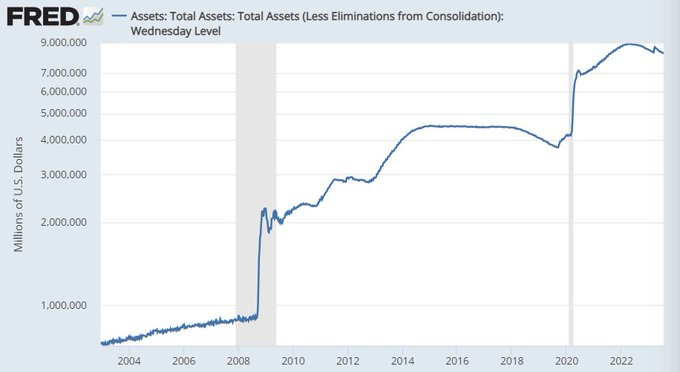






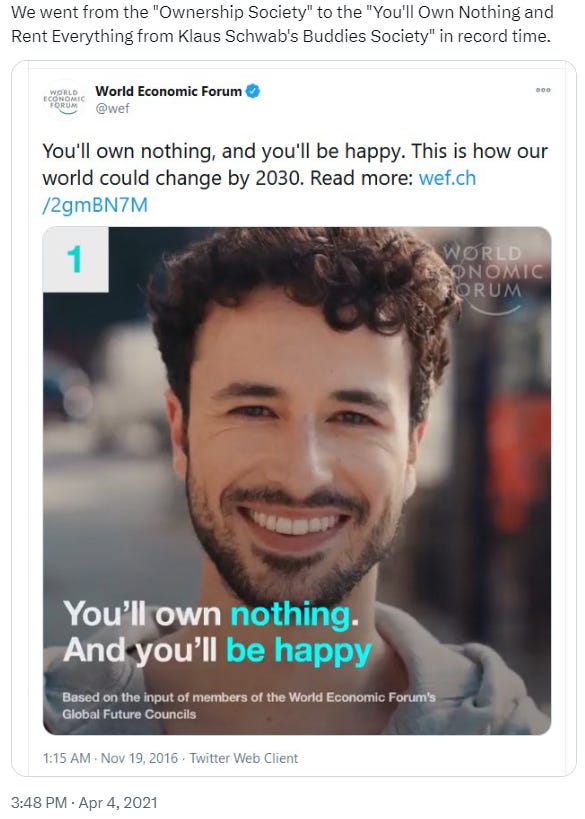
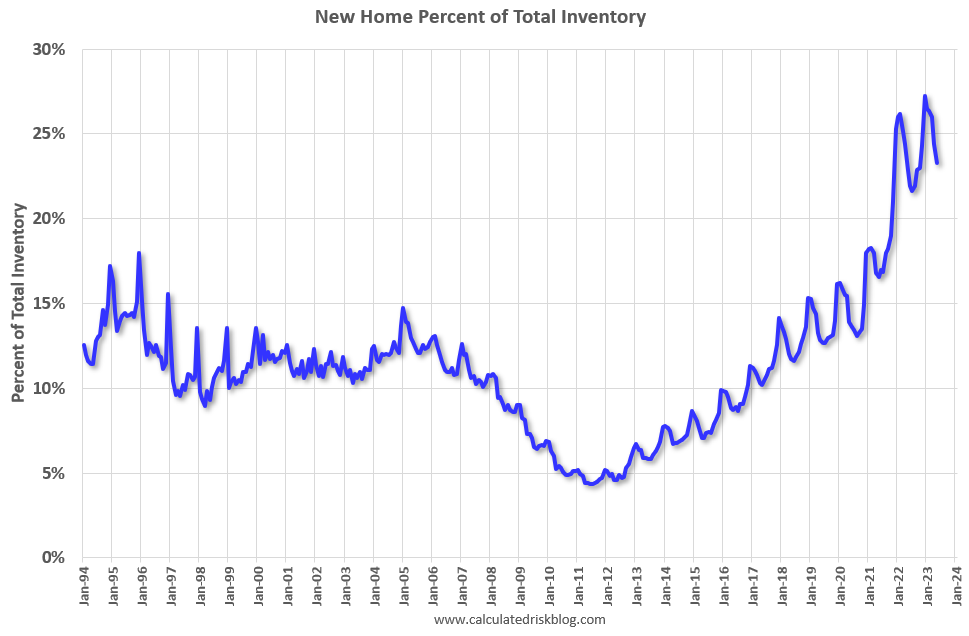
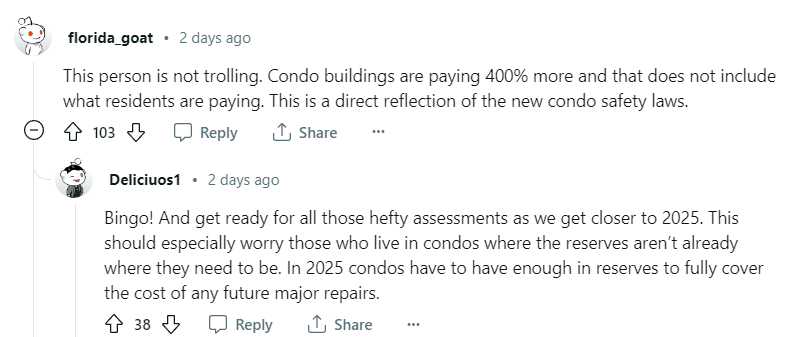
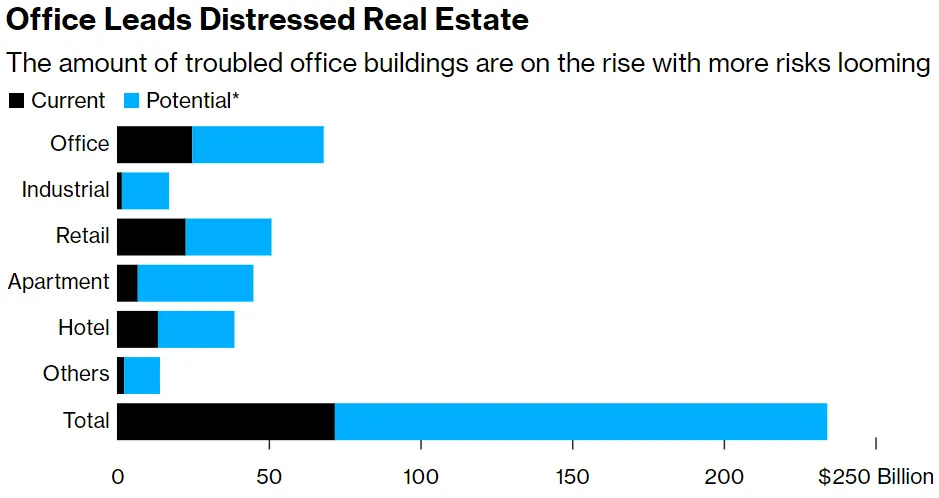
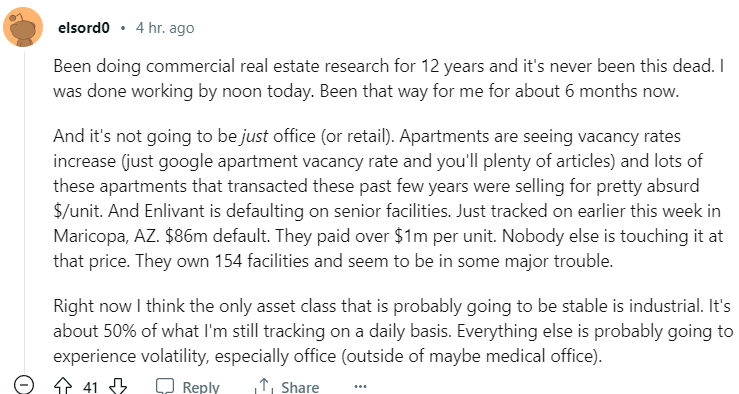
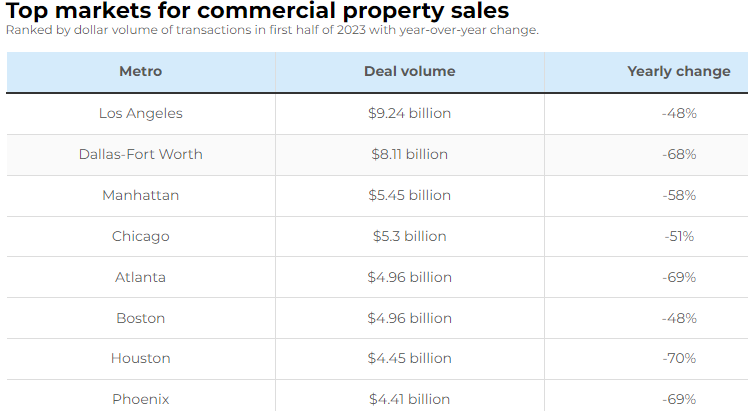
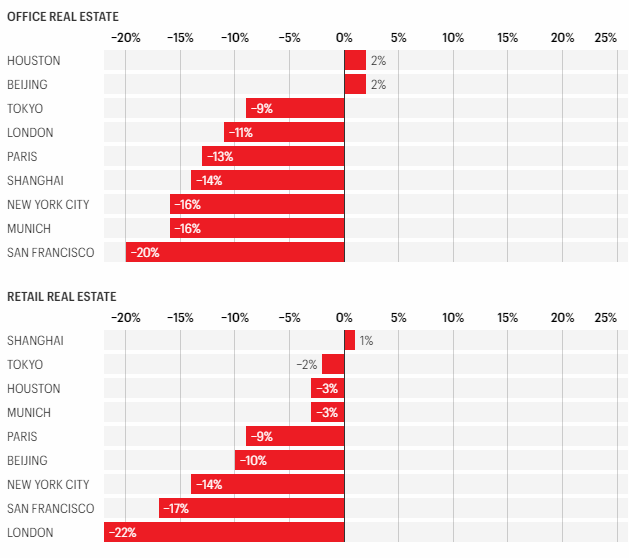

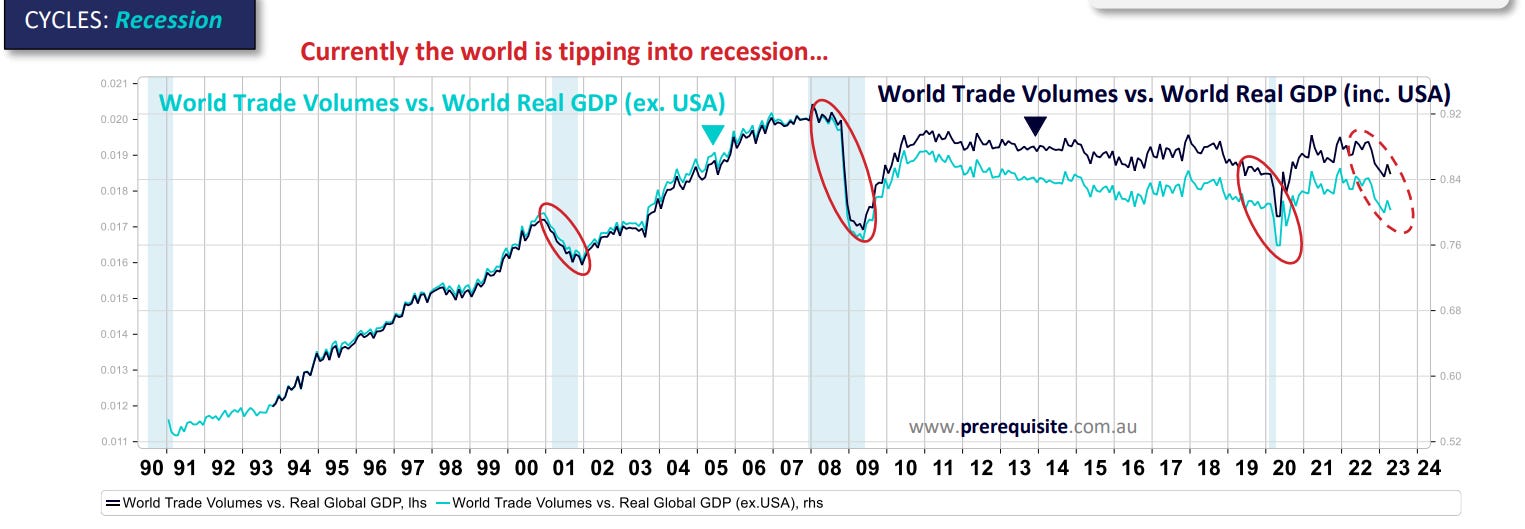
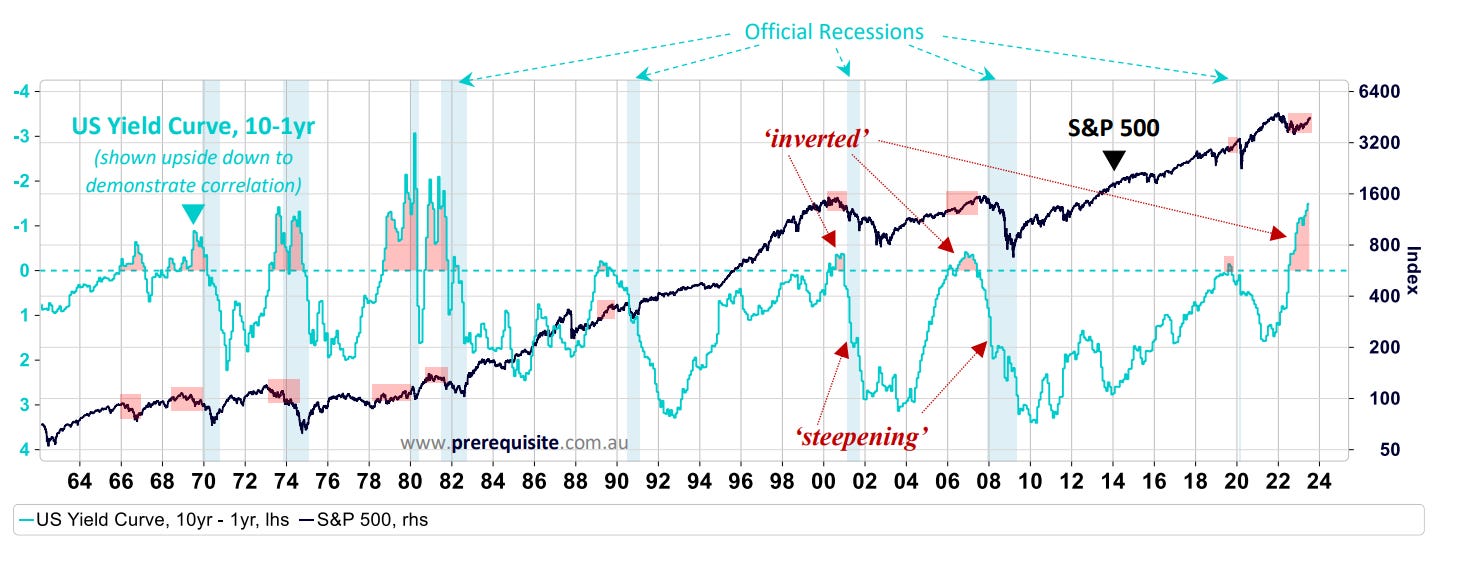

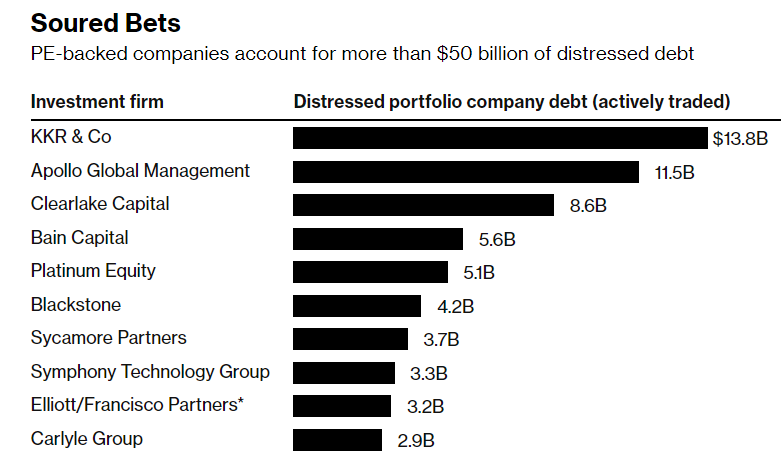

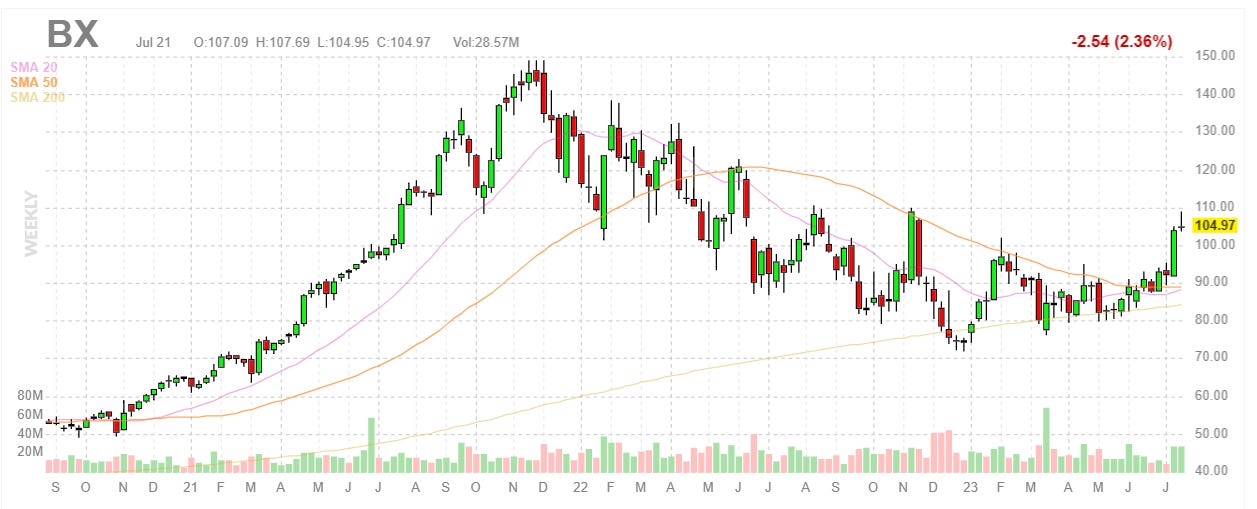
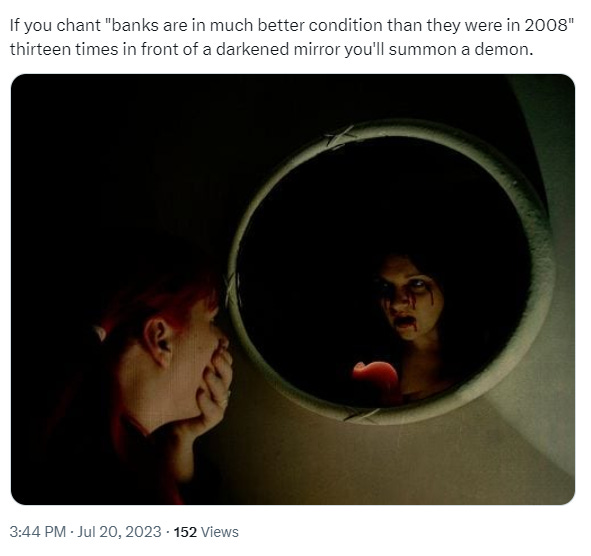
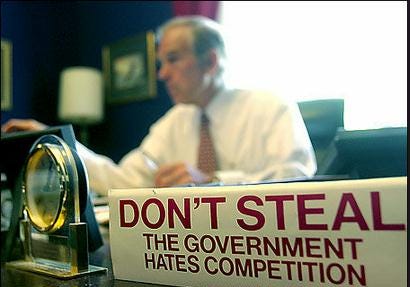
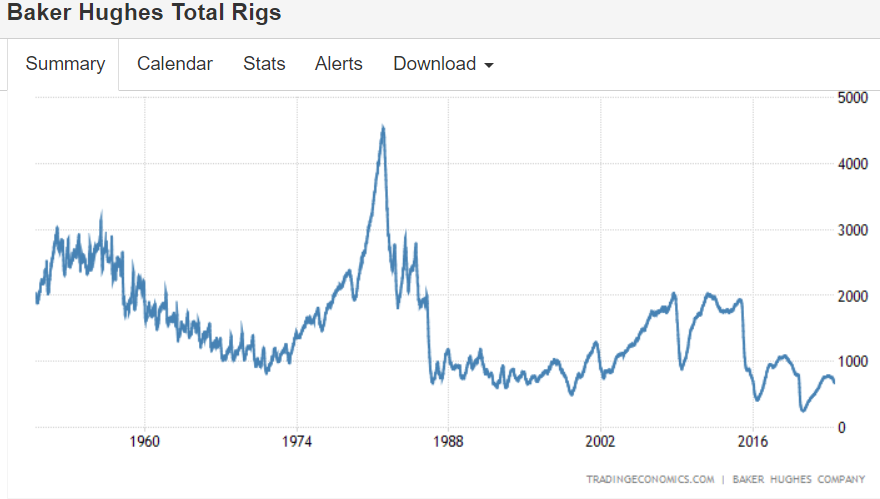
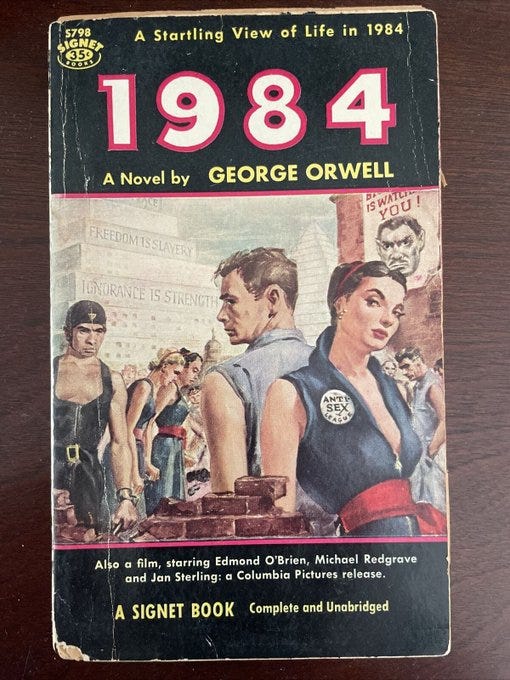


When some kid playing in a field is blown to bits in 2030 or 2040 by a “dud”, we will bear moral culpability for providing the weapon. Over a hundred countries have agreed not to use these weapons, and I guess we aren’t using them directly, but we’re more than happy to provide them to Ukraine, along with much else that must be replenished by our defense contractors. The military industrial complex is alive and well. We should at least step off the moral high horse if we’re willing to provide cluster bombs. Of course, the MSM allows no debate. Express any reservations about anything we are doing in this proxy war and you are automatically “pro Russia” or “Pro Putin”.
https://youtu.be/nXspsfoPX50